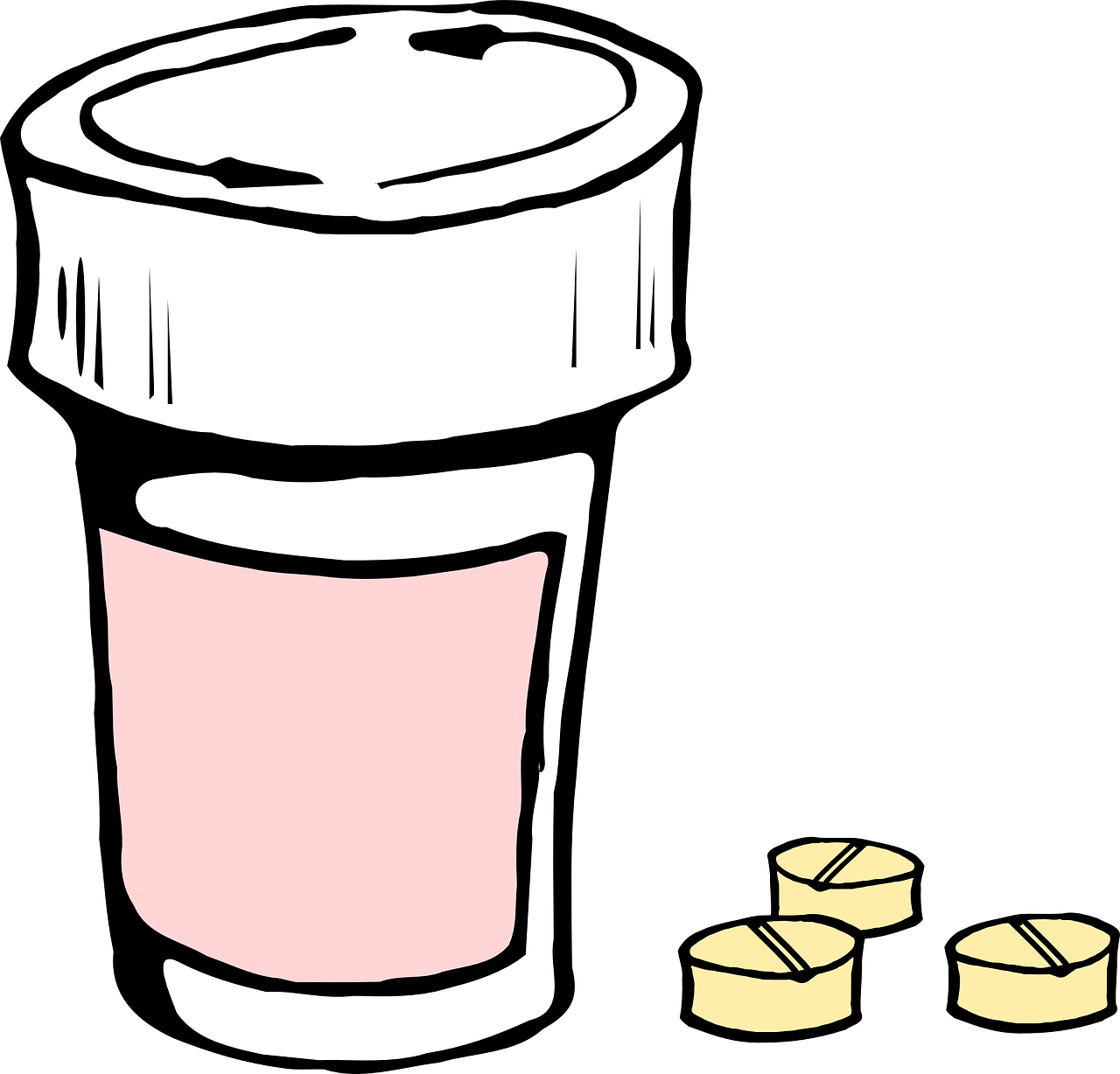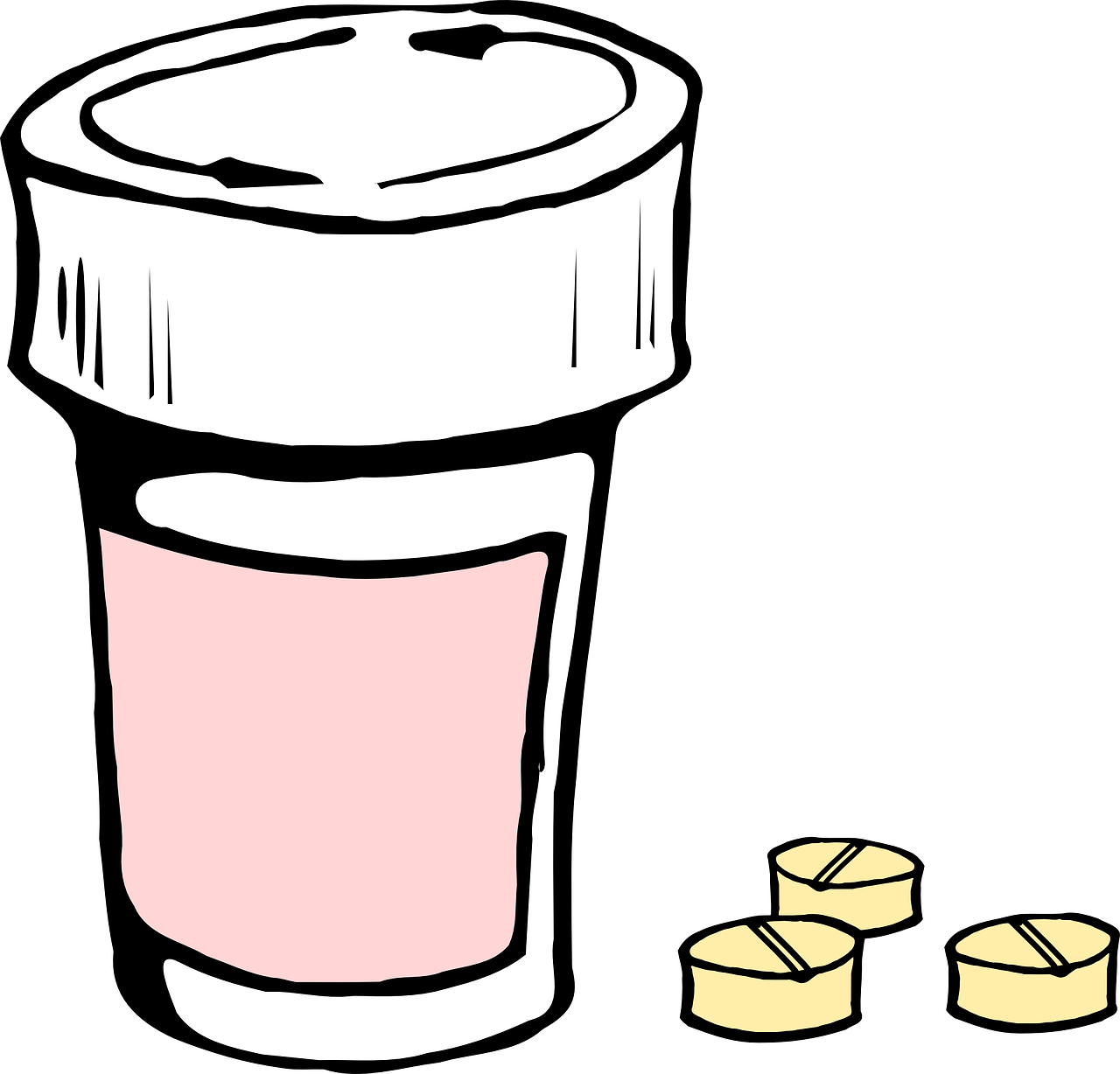
Are you tired of tossing and turning all night due to excruciating shoulder pain? Look no further, because this article is here to help you find relief! We understand how debilitating severe shoulder pain can be, especially when it interferes with your sleep. In this informative piece, you will discover effective techniques and remedies to alleviate that nagging ache, allowing you to finally enjoy a peaceful, pain-free night’s rest. Say goodbye to sleepless nights and hello to a rejuvenated, pain-free morning!

Causes of Severe Shoulder Pain at Night
Rotator cuff injury
Severe shoulder pain at night can be caused by a rotator cuff injury. The rotator cuff is a group of tendons and muscles in the shoulder that help stabilize and move the joint. When the rotator cuff is injured, such as through overuse or trauma, it can result in pain that worsens at night. This pain may be sharp and intense, making it difficult to find a comfortable sleeping position.
Frozen shoulder
Frozen shoulder, also known as adhesive capsulitis, is another common cause of severe shoulder pain at night. This condition occurs when the tissues around the shoulder joint become thick and stiff, limiting its range of motion. People with frozen shoulder often experience pain that is worse at night, making it challenging to get a good night’s sleep.
Arthritis
Shoulder arthritis, including osteoarthritis and rheumatoid arthritis, can also lead to severe pain at night. Arthritis causes inflammation and degeneration of the cartilage within the shoulder joint, resulting in pain, stiffness, and decreased mobility. The pain may intensify during periods of rest, such as when lying down, leading to disrupted sleep.
Tendinitis
Tendinitis occurs when the tendons in the shoulder become inflamed or irritated. This can be caused by repetitive overhead motions or sudden injuries. The pain associated with tendinitis can be particularly bothersome at night as the affected tendons are less active, allowing inflammation to build up and cause discomfort.
Bursitis
Bursitis is the inflammation of the bursae, small fluid-filled sacs that cushion the shoulder joint. When the bursae become inflamed, it can lead to significant shoulder pain, especially when lying down at night. Bursitis can be caused by repetitive motion, trauma, or underlying conditions like arthritis.
Shoulder impingement
Shoulder impingement occurs when the tendons of the rotator cuff become pinched between the bones of the shoulder joint. This can cause pain and inflammation, particularly when the arm is lifted or moved overhead. The pain associated with impingement can be especially noticeable at night when lying on the affected shoulder.
Shoulder instability
Shoulder instability refers to a condition where the shoulder joint is too loose and easily dislocates or subluxates. People with shoulder instability may experience pain, a sense of shoulder weakness, and frequent episodes of shoulder dislocation. These symptoms can be particularly problematic at night, interfering with sleep quality and comfort.
Shoulder dislocation
Shoulder dislocation occurs when the head of the upper arm bone pops out of the shoulder socket. This can result in severe pain, swelling, and limited mobility. While dislocations commonly occur due to trauma or sports injuries, they can also happen during sleep. People with a history of shoulder dislocation may be more prone to experiencing severe shoulder pain at night.
Referred pain
Sometimes, the cause of severe shoulder pain at night may not actually originate from the shoulder itself. Referred pain occurs when pain is felt in one part of the body but originates from another location. Conditions like cervical radiculopathy, where nerve roots in the neck are compressed or irritated, can cause pain that radiates down the arm and into the shoulder, leading to nighttime discomfort.
Posture-related issues
Poor posture can contribute to shoulder pain, especially when lying down at night. Slouching or rounding the shoulders while sitting or standing can put strain on the muscles and tendons around the shoulder joint. Over time, this can lead to discomfort and pain that is exacerbated when lying flat in bed.
Diagnosing the Cause of Shoulder Pain
Medical history
To diagnose the cause of severe shoulder pain, your healthcare provider will first take a detailed medical history. They will ask questions about your symptoms, such as when the pain started, how it has progressed, and any factors that make it better or worse. They will also inquire about any previous injuries, medical conditions, or family history of shoulder problems.
Physical examination
A physical examination of the shoulder will likely be performed. During this examination, your healthcare provider will assess the range of motion of your shoulder, test for strength, and palpate for areas of tenderness or swelling. They may also perform specific physical tests to further evaluate the function and stability of your shoulder joint.
Imaging tests
Imaging tests, such as X-rays, ultrasound, or magnetic resonance imaging (MRI), may be ordered to get a closer look at the structures within the shoulder joint. These tests can help identify any abnormalities, such as fractures, dislocations, tendon tears, or signs of inflammation.
Laboratory tests
In some cases, blood tests may be ordered to check for indicators of inflammation, infection, or underlying medical conditions that could be contributing to the shoulder pain.
Consultation with specialists
Depending on the suspected cause of the shoulder pain, your healthcare provider may refer you to a specialist, such as an orthopedic surgeon, rheumatologist, or physical therapist, for a more comprehensive evaluation and treatment plan. These specialists can provide expertise in diagnosing and managing specific shoulder conditions.

Pain Management Techniques
Rest and immobility
One of the first steps in managing severe shoulder pain at night is to rest the shoulder and limit movements that exacerbate the pain. Immobilizing the shoulder joint with the use of a sling or brace may be recommended to provide support and prevent further injury.
Ice and heat therapy
Applying ice or heat to the affected shoulder can help alleviate pain and reduce inflammation. Cold therapy, such as ice packs or cold compresses, can numb the area and reduce swelling. Heat therapy, such as warm compresses or a heating pad, can improve blood circulation and promote relaxation.
Over-the-counter pain relievers
Non-prescription pain medications, such as acetaminophen or nonsteroidal anti-inflammatory drugs (NSAIDs) like ibuprofen, can help manage mild to moderate shoulder pain. It is important to follow the instructions on the packaging and consult a healthcare provider if the pain persists or worsens.
Prescription pain medications
For more severe pain that is not adequately controlled with over-the-counter medications, a healthcare provider may prescribe stronger pain relievers. These medications should be used as directed and under the supervision of a healthcare professional.
Corticosteroid injections
Corticosteroid injections can be administered directly into the shoulder joint to provide relief from severe pain and inflammation. These injections typically combine a local anesthetic to provide immediate pain relief and a corticosteroid to reduce inflammation over time.
Physical therapy
Physical therapy is often recommended for managing shoulder pain. A physical therapist can design a personalized exercise program to improve shoulder strength, flexibility, and range of motion. They may also utilize modalities like ultrasound or electrical stimulation to aid in pain relief.
Chiropractic care
Chiropractic care can also be beneficial for individuals with severe shoulder pain. Chiropractors may use manual techniques, such as adjustments or manipulations, to restore proper alignment and function to the shoulder joint.
Acupuncture
Acupuncture, an ancient Chinese medical practice, involves inserting thin needles into specific points of the body to promote healing and pain relief. It has been shown to be effective in reducing shoulder pain and improving shoulder function.
Transcutaneous electrical nerve stimulation (TENS)
TENS is a non-invasive treatment that uses low-voltage electrical currents to provide pain relief. It works by stimulating the nerves in the affected area and reducing the perception of pain signals. TENS units can be used at home under the guidance of a healthcare professional.
Application of topical creams or ointments
Topical creams or ointments that contain pain-relieving ingredients, such as capsaicin or lidocaine, can provide temporary relief from shoulder pain. These products are applied directly to the skin over the affected area and can help soothe muscle and joint discomfort.
Lifestyle Modifications
Improving sleep positions
Adjusting your sleep positions can help alleviate shoulder pain at night. Avoid sleeping on the affected shoulder and try to find a position that minimizes pressure on the shoulder joint.
Using proper pillows and cushions
Choosing the right pillow and cushions can make a significant difference in shoulder pain relief. Look for pillows that provide proper support and align the head, neck, and shoulders in a neutral position. Additionally, using a cushioned seat or armrests can help reduce shoulder strain while sitting.
Avoiding activities that worsen pain
Identify and avoid activities that aggravate your shoulder pain. This may include repetitive motions, heavy lifting, or participating in sports or exercises that put excessive strain on the shoulder joint.
Maintaining good posture
Practicing good posture throughout the day can help alleviate shoulder pain. Sit and stand with your shoulders relaxed, back straight, and chin slightly tucked. Avoid hunching or slouching, as this can contribute to shoulder discomfort.
Strengthening and stretching exercises
Performing regular shoulder-strengthening exercises can help improve muscle support and stability around the joint. Stretching exercises can also help improve flexibility and reduce stiffness in the shoulders.
Weight management
Maintaining a healthy weight is important for overall joint health, including the shoulders. Excess weight can put additional stress on the joints, exacerbating shoulder pain. Eating a balanced diet and engaging in regular exercise can help manage weight and reduce joint strain.
Avoiding heavy lifting or repetitive motions
Repetitive overhead motions or lifting heavy objects can strain the shoulders and lead to pain or injury. Whenever possible, try to avoid these activities or use proper lifting techniques to minimize the risk of shoulder pain.
Quitting smoking
Smoking can contribute to reduced blood flow and impaired healing, potentially worsening shoulder pain. Quitting smoking can improve overall health and support the body’s natural healing processes.

Sleeping Tips for Shoulder Pain Relief
Choosing the right mattress and pillow
Investing in a mattress and pillow that provide the right amount of support and comfort for your shoulders can greatly improve sleep quality and alleviate pain. Look for options that contour to your body’s natural shape and help distribute weight evenly.
Sleeping on the unaffected side
If you experience severe shoulder pain, try sleeping on the unaffected side. This can help relieve pressure from the affected shoulder and reduce discomfort.
Using a body pillow
A body pillow can provide additional support and help maintain proper spinal alignment while sleeping. Placing the body pillow between your legs or hugging it against your chest can help reduce strain on the shoulders.
Elevating the affected arm
Elevating the affected arm with the help of pillows or cushions can help reduce swelling and alleviate pain. This can be particularly helpful for individuals with conditions such as tendinitis or bursitis.
Applying heat or cold before bedtime
Applying a warm or cold compress to the affected shoulder before bedtime can help relax muscles and reduce inflammation. Some individuals find heat more soothing, while others prefer cold therapy. Experiment with both methods to find what works best for you.
Ensuring a comfortable sleep environment
Creating a comfortable sleep environment can contribute to overall pain relief. Keep your bedroom cool, dark, and quiet. Use blackout curtains or a sleep mask to block out light, and consider using earplugs or white noise machines to drown out any disruptive sounds.
Trying different sleeping positions
Experiment with different sleeping positions to find the one that minimizes shoulder pain. This may involve propping yourself up with extra pillows or using a positional pillow specifically designed to support the shoulders.
Using sleep aids if necessary
For individuals who continue to experience severe shoulder pain at night, sleep aids such as over-the-counter sleep aids or natural supplements can be considered. It is essential to consult with a healthcare provider before using any sleep aids to ensure they are safe and appropriate for your specific situation.
Using a shoulder brace or sling
If recommended by a healthcare provider, using a shoulder brace or sling during sleep can provide additional support and stability to the shoulder joint. It can also help alleviate pain and prevent further discomfort during rest.
Home Remedies for Shoulder Pain Relief
Applying topical analgesics
Topical analgesics, such as creams, gels, or patches, can be applied directly to the shoulder to provide temporary pain relief. These products typically contain ingredients like menthol or salicylate, which create a cooling or warming sensation to help alleviate discomfort.
Performing gentle shoulder exercises
Performing gentle shoulder exercises at home can help reduce pain and improve mobility. These exercises may involve stretching, range of motion movements, or strengthening exercises recommended by a healthcare provider or physical therapist.
Using a hot or cold compress
Similar to the sleep tips mentioned earlier, applying a hot or cold compress to the shoulder can help reduce pain and inflammation. Use a warm compress for relaxing muscles and improving blood flow, or a cold compress for numbing pain and reducing swelling.
Massaging the affected area
Gentle massage of the affected shoulder can help relieve tension, improve blood circulation, and provide temporary pain relief. Use your fingers or seek the assistance of a professional massage therapist to perform the massage.
Taking warm showers or baths
Taking warm showers or baths can help relax the muscles around the shoulder joint and provide temporary pain relief. The warm water can also stimulate blood flow and promote healing.
Practicing relaxation techniques
Engaging in relaxation techniques, such as deep breathing exercises, meditation, or yoga, can help reduce muscle tension and promote overall relaxation. These techniques can be particularly beneficial for managing stress-related shoulder pain.
Using essential oils for pain relief
Certain essential oils, such as lavender, peppermint, or eucalyptus, may have analgesic properties and can be used to help alleviate shoulder pain. Dilute the essential oils with a carrier oil, such as coconut or jojoba oil, before applying them to the affected area.
Using herbal remedies
Some herbal remedies, like arnica or ginger, have anti-inflammatory properties and can be used topically or taken in supplement form to help reduce shoulder pain. Consult with a healthcare provider or herbalist before using herbal remedies to ensure their safety and appropriate dosage.
Trying alternative therapies
Alternative therapies, such as acupuncture, acupressure, or transcutaneous electrical nerve stimulation (TENS), can provide pain relief and improve shoulder function. These therapies should be performed by qualified practitioners.
Preventing Future Shoulder Pain
Regular exercise
Engaging in regular exercise that includes shoulder-strengthening exercises and stretching can help prevent future shoulder pain. Strong and flexible shoulder muscles can better support the joint and reduce the risk of injury or pain.
Avoiding repetitive motions
When possible, avoid repetitive motions that can strain the shoulder joint. If repetitive motions are necessary, take frequent breaks, and ensure proper body mechanics and ergonomics.
Using proper lifting techniques
When lifting objects, use the proper technique to minimize strain on the shoulders. Bend at the knees and hips, keeping your back straight, and use your leg muscles to lift rather than relying solely on your arms and shoulders.
Maintaining a healthy weight
Maintaining a healthy weight can reduce the strain on the shoulder joints. Excess weight can increase the pressure on the shoulders, leading to pain and discomfort.
Taking breaks during activities
Whether it’s work, sports, or hobbies, taking regular breaks during activities that involve repetitive shoulder movements is essential. This allows the shoulder muscles to rest and recover, reducing the risk of overuse and pain.
Stretching before physical activities
Before engaging in physical activities or exercises, incorporate a dynamic stretching routine that specifically targets the shoulder muscles. This can help warm up the muscles, increase flexibility, and reduce the risk of injury.
Using ergonomic equipment
Using ergonomic equipment, such as chairs, keyboards, and tools designed to support proper body mechanics, can help reduce the strain on the shoulders during daily activities.
Practicing good posture
Maintaining good posture throughout the day can help prevent shoulder pain. Be conscious of your posture while sitting, standing, and walking, and make adjustments as necessary to keep the shoulders properly aligned.
Doing shoulder-strengthening exercises
Regularly incorporating shoulder-strengthening exercises into your exercise routine can help build muscle strength and stability, reducing the risk of shoulder pain. Consult with a physical therapist or exercise professional for guidance on proper exercises and techniques.
Regular check-ups and screenings
Regular check-ups with your healthcare provider can help detect any underlying issues that may contribute to shoulder pain. They can also help monitor your overall shoulder health and offer recommendations for prevention and treatment.
When to Seek Medical Attention
Persistent or worsening pain
If you experience persistent or worsening shoulder pain at night, it is important to seek medical attention. It may indicate an underlying condition or an exacerbation of an existing issue that requires further evaluation and treatment.
Limited range of motion
If your shoulder pain is accompanied by limited range of motion or difficulty performing daily activities, it is recommended to consult with a healthcare provider. This could be a sign of a more significant underlying issue that requires attention.
Swelling or inflammation
If you notice swelling, redness, or inflammation around the shoulder joint, it is important to have it evaluated by a healthcare professional. Swelling can indicate an injury, infection, or inflammation that requires medical intervention.
Unexplained bruising or discoloration
Unexplained bruising or discoloration on or around the shoulder joint should be assessed by a healthcare provider. It could be a sign of an underlying injury or bleeding that needs immediate attention.
Fever or other signs of infection
If you experience shoulder pain accompanied by fever or other signs of infection, such as warmth, increased redness, or drainage from the shoulder, it is crucial to seek prompt medical attention. Infections require medical treatment to prevent complications.
Numbness or tingling in the arm
If you experience numbness or tingling that radiates from the shoulder down the arm, it may indicate nerve involvement. This warrants evaluation by a healthcare professional to determine the underlying cause and appropriate treatment.
Significant loss of strength
If you notice a significant loss of strength in your affected shoulder or difficulty performing routine tasks, it is important to consult with a healthcare provider. This can indicate a more significant issue that requires assessment and treatment.
Associated neck or back pain
Shoulder pain accompanied by neck or back pain can be a sign of a more complex musculoskeletal issue. It is recommended to seek medical attention to determine the underlying cause and appropriate treatment.
History of shoulder instability or dislocation
If you have a history of shoulder instability or dislocation and are experiencing severe shoulder pain at night, it is important to seek medical attention. This may indicate a recurrence or complications related to previous shoulder issues.
Impact of pain on daily activities
If the severe shoulder pain at night significantly impacts your ability to perform daily activities, interferes with sleep, or affects your quality of life, it is crucial to seek medical attention. Proper evaluation and treatment can help improve pain management and overall well-being.
Surgical Options for Severe Shoulder Pain
Arthroscopic surgery
Arthroscopic surgery is a minimally invasive procedure that uses small incisions and a camera to visualize and repair various shoulder conditions. It can be used to address issues such as rotator cuff tears, shoulder impingement, or labrum damage.
Joint replacement
For individuals with severe shoulder pain and joint degeneration, joint replacement surgery may be recommended. This involves removing the damaged parts of the shoulder joint and replacing them with artificial components to restore function and alleviate pain.
Rotator cuff repair
If severe shoulder pain is caused by a rotator cuff tear, surgical repair may be necessary. This involves sewing the torn tendon back together or reattaching it to the bone to restore proper function and alleviate pain.
Bursa removal
In cases of chronic bursitis that does not respond to conservative treatments, surgical removal of the inflamed bursa may be recommended. This procedure aims to reduce pain and inflammation by eliminating the source of the problem.
Shoulder stabilization
Shoulder stabilization surgery is performed to address shoulder instability or recurrent dislocations. The procedure involves tightening the ligaments and tendons around the shoulder joint to improve stability and reduce the risk of further dislocations.
Labrum repair
If the labrum, a rim of cartilage that helps stabilize the shoulder joint, is torn or damaged, surgical repair may be necessary. The torn tissue is either sutured or reattached to the bone to restore stability and alleviate pain.
Nerve decompression
For individuals with nerve compression or entrapment causing severe shoulder pain, nerve decompression surgery may be considered. This procedure involves removing the pressure on the affected nerve, relieving pain and restoring normal nerve function.
Shoulder fusion
Shoulder fusion, also known as arthrodesis, is a procedure that fuses the bones of the shoulder joint together. This may be considered as a treatment option for severe shoulder pain caused by joint instability or severe arthritis.
Conclusion
Severe shoulder pain at night can significantly impact your sleep and overall quality of life. It is essential to understand the various causes of shoulder pain and available treatment options. By seeking proper medical care, practicing pain management techniques, implementing helpful lifestyle modifications, and incorporating preventative measures, such as regular exercise and maintaining good posture, you can alleviate your shoulder pain and improve your sleep. Remember, if your pain persists or worsens, consult with a healthcare professional for a comprehensive evaluation and personalized treatment plan.





